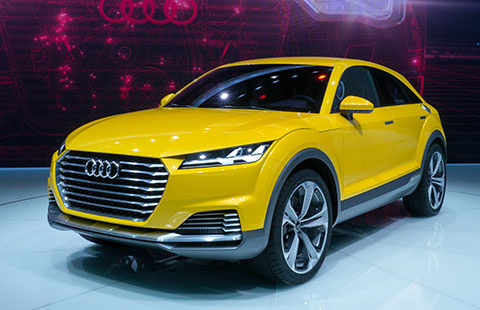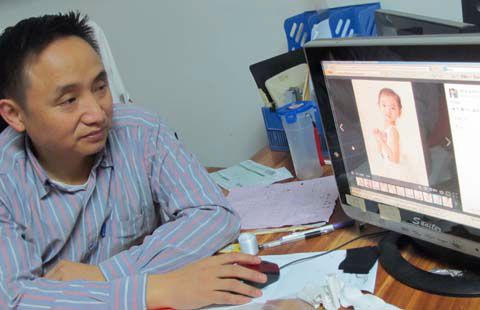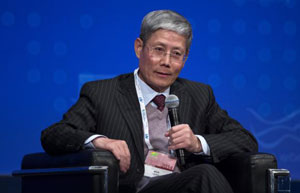EVs in China need more time
By Ana Nicholls (chinadaily.com.cn) Updated: 2014-04-25 14:12Chinese carmakers are also making progress in developing their own EVs and NEVs, although early hopes that they would leapfrog the Western carmakers are fading. Their cars are, however, likely to benefit from general advances in the technology, not to mention China's lower labour costs and its existing expertise in developing lithium-ion batteries.
Moreover China has a good track record when it comes to accelerating the pace of development in particular industries. Its centralised decision-making should be particularly advantageous when it comes to the development of the supporting infrastructure for NEVs. What is more, the sheer size of the Chinese market makes government efforts to promote NEVs more likely to succeed, simply because it raises the chances that carmakers will sell enough EVs to justify their investment.
Yet arguably the biggest influence on the development of EVs so far has not been China's NEV program, but the EU's (and to a lesser extent the US's) fuel efficiency targets, which require that carmakers' fleets must average 130g per km by 2015 and 90g per km by 2021. If carmakers selling in the EU are to reach these limits, then they have to develop clean energy vehicles. And although hydrogen fuel vehicles are starting to develop, at the moment that means EVs. That has forced even luxury carmakers like BMW and Daimler to take EVs seriously, because they face fines if they do not.
China, having already pumped money into its NEV programme, now seems to be stepping up its efforts in this direction too, as its strives to meet its carbon intensity targets. Its new vehicle tax regime, its tightening emissions controls and its city-led quota regimes are all going to ratchet up the pressure on both carmakers and buyers.
Combined with the continuation of the NEVs subsidies, it amounts to a carrot-and-stick approach that should eventually succeed in accelerating the development of these vehicles. Yet the risks remain high, among them the risk of backing the wrong technology. After all, the first hydrogen fuel cell cars are now starting to come onto the market elsewhere, and they have the potential to out-do EVs in the end. As a result, progress may remain behind schedule, but the end goal is still in sight.
---The author is the Managing Editor,Economist Intelligence Unit
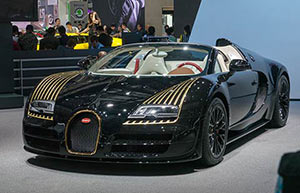 |
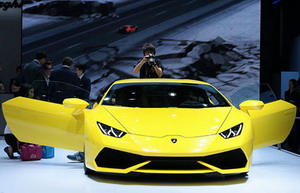 |
| World premieres at Beijing auto show | Luxury cars make Asia premiere at Auto China |
- Municipal government officials visit electric vehicle project
- Electric vehicle charging station promotes clean air plan
- Shanghai government buys electric vehicles
- Electric vehicle buyers will get car plates
- JAC aims to be top maker of electric vehicles
- Geely subsidiary signs deal for joint venture on electric vehicles
- China-Eurasia expo set for September
- Guiyang signs agreements with enterprises from Switzerland
- BMW Brilliance' different path to crack market
- Overseas properties gearing up for Chinese investors
- Green cars at Auto China 2014
- Kia Motors says China sales to beat target this year
- 'No change' after Nokia mobile joins Microsoft
- China's tourism sector needs sustainable growth
